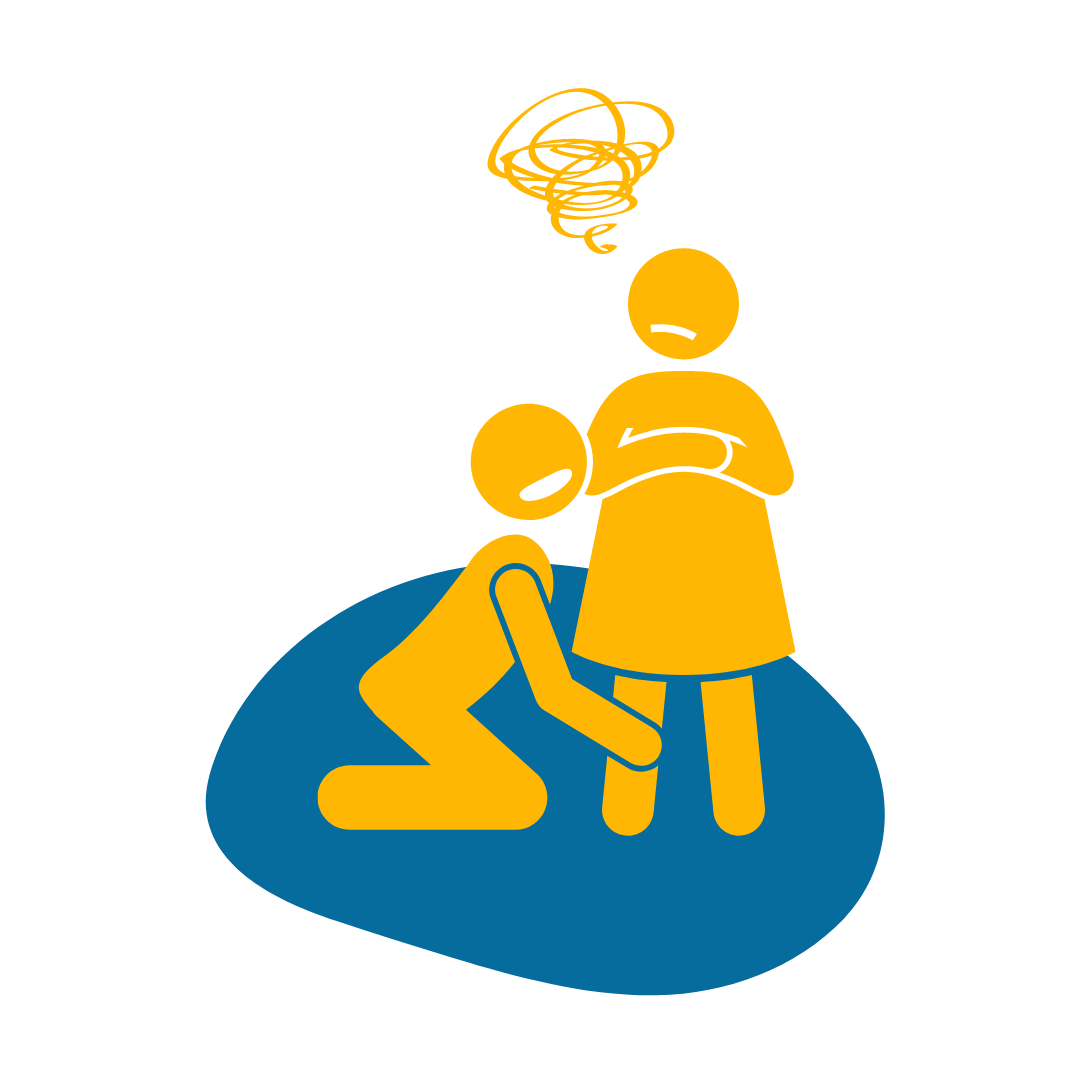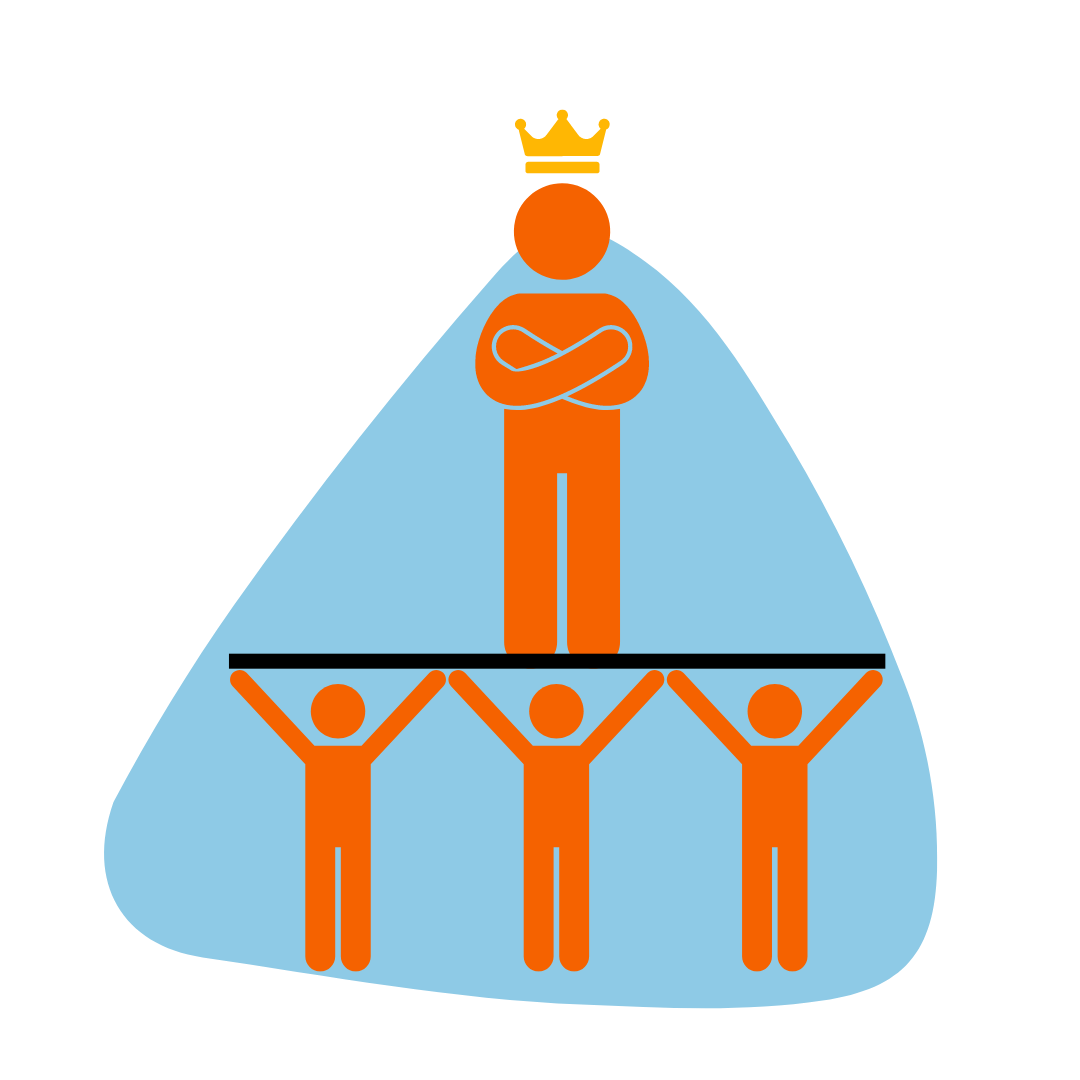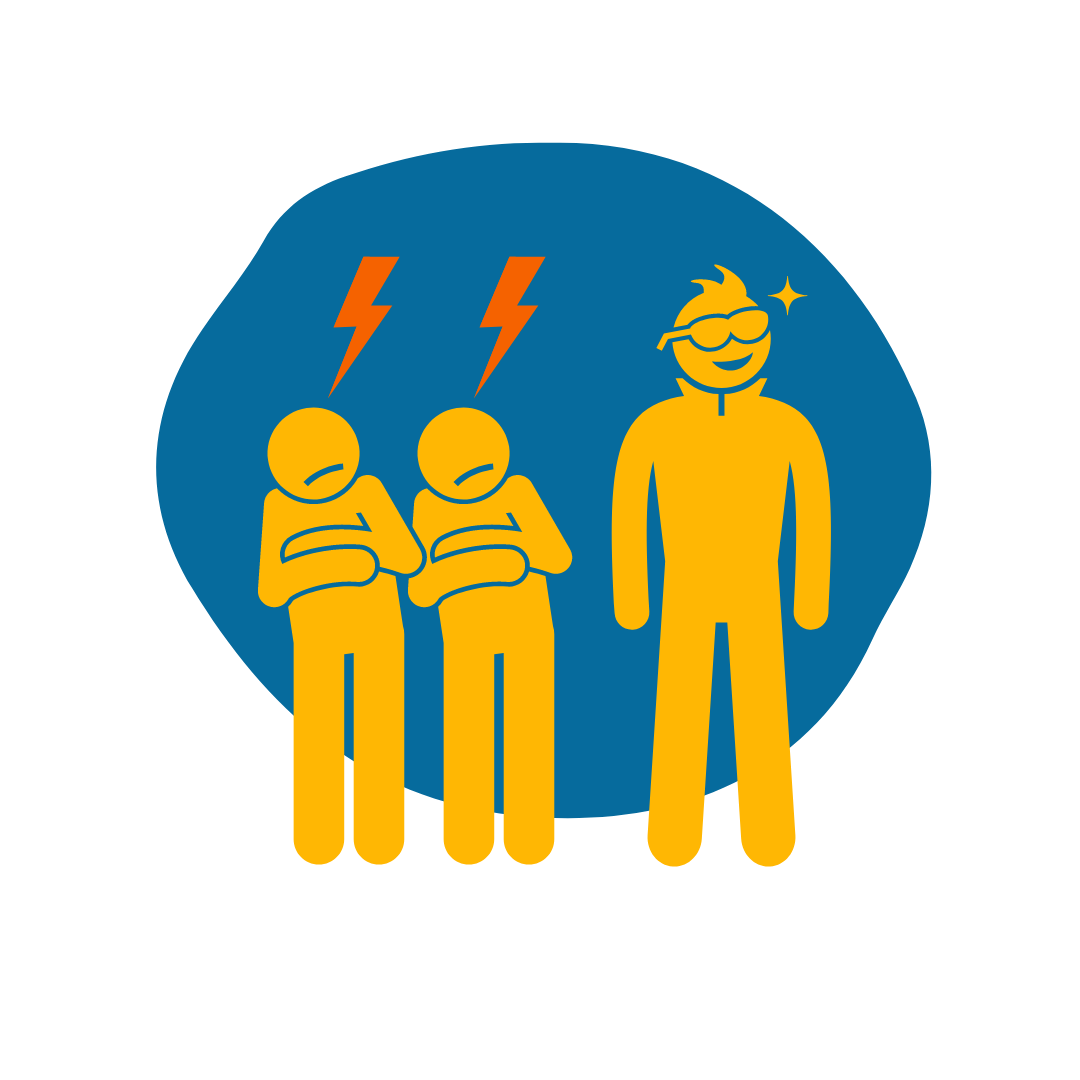Narcissistic Personality Disorder Treatment
What is Narcissistic Personality Disorder?
A Narcissist is defined as someone who does not consider others’ feelings or point of view, acts in a self-aggrandizing manner, uses a forceful style of conflict resolution, and treats others as if they are inferior. Narcissists thrive on drama and enjoy creating chaos for other people. They feel empty and are easily bored, so they create situations where other people’s suffering and struggle can distract them from their own dissatisfaction.
Narcissists crave attention and control and manipulate other people to establish and maintain their sense of superiority. They set others up to demean them by giving backhanded compliments, making jokes at other people’s expense, asking questions to expose the other person’s lack of knowledge and to give them an opportunity to correct, lecture, or otherwise prove their superiority.
Narcissists expect the world to revolve around them, so they can become easily offended if their partner does anything that takes the focus off them. If their partners do something for themselves or do not respond to them as they expect, narcissists may accuse them of being selfish or disrespectful. When the spotlight is on a narcissist, he or she feels satisfied, as if they have won a competition.
Photo by Sander Sammy
It is difficult for a narcissist to have positive and negative feelings at the same time, so once they are upset, they can be incredibly cruel.
All they experience in the moment are feelings of resentment and anger. Consequently, a disagreement about something unimportant can escalate quickly and fiercely into an argument that seems to threaten to end the relationship. Narcissists know exactly how to push your buttons, and they will use everything in their power to make you feel insignificant and small.
Narcissists are hypersensitive and lacking in empathy, which means that they are primed to feel offended and to misunderstand other people’s needs or point of view. They are programmed to be abusive and are well suited for the Persecutor role.
For example, since Narcissists feel superior and like attention, they often ask others to do things for them. At the onset, their request may seem innocent. However, since they think they know what is best, when things are not done the way they want them to be done, they may become aggressive and critical, which puts them in the Persecutor role and makes others into Victims. By persecuting others, the narcissist’s sense of superiority is maintained and their need to exert power over others is met.
If the narcissist has asked a child to do something for them and then becomes critical, the other parent may see the child as a Victim and assume the Rescuer role. If she intervenes, the narcissist may attack her for interfering, making her the Victim and activating the Rescuer in the child.
If the Narcissist asks his partner to do something for him and then becomes critical, the narcissist has become the persecutor and his partner has now been forced into the victim role. If she speaks up for herself, particularly if it is done in an assertive way, the narcissist may pretend to be hurt and to blame the victim for being mean. This moves the narcissist into the victim role and forces his partner into the persecutor role. She may feel guilty and she takes the blame and tries to rescue the narcissist by apologizing. Since narcissists are good at gaslighting, he may take this opportunity to heap more blame on his partner by saying she always gives him a hard time, insisting that she is a persecutor which allows him to remain the victim. If the argument escalates, perpetuating the drama and preventing a healthy solution to the problem, the narcissist and his partner switch among the three roles, intermittently playing the persecutor, victim, and rescuer, which does not solve the problem.
The Narcissist vs The Psychopath
Of all the personalities that create chaos and drama, a psychopath is the most dangerous.
Psychopaths have all of the narcissistic traits but are more dangerous because they lack a conscience. Not only do they lack empathy, but they are also callous, impulsive, and sadistic, which means they enjoy inflicting pain and are not deterred by taking risks.

Additionally, because they lack a moral compass, Psychopaths have no qualms about lying, stealing, cheating, or engaging in other forms of manipulation and aggression that harm and sometimes destroy others’ lives.
- Psychopaths often exhibit two sides. They may appear charming and charismatic in public and may be high achievers, which attracts others to them. However, at home, they instill fear and control the members of their family through their volatility and aggression.
- Psychopaths have a limited ability to bond to others. They may appear interested and excited in the early phase of a relationship, which can be easily mistaken for true interest and commitment. Because of their charm and often unrestrained attention, their love interests become convinced that this is true love. Once the seduction stage has ended, however, Psychopaths become bored and often begin to display disdain for their partners.
- Psychopaths idealize, conquer, devalue, and then discard their partners. Since they never bonded to their partner in the first place, it is not difficult for them to leave, often having identified a new target before moving on. Psychopaths do not have the capacity to feel remorse or guilt, so they are not concerned about the person they have harmed. This cycle is so common among Psychopaths that it has been called The Seduction-Conquest-Abandonment Cycle.
- Psychopaths have a grandiose, highly inflated sense of self and do not care whether others approval of them. Because their ability to attach is limited or nonexistent, they are incapable of bonding and have no interest in developing relationships. Psychopaths crave control and see people as objects, so the only people who interest Psychopaths is people they can use. They will do whatever is necessary to control and exploit others and will discard them when they have outlived their usefulness. Once discarded, the person is likely to be seen by the Psychopath as an enemy and to be disdained. Psychopaths often begin smear campaigns to turn others against former allies.
- Psychopathy lies on a continuum. Some psychopaths are cold and calculating and mentally, emotionally, and verbally abusive, which exacts an extreme toll on those who must live or work with them. Others are prone to violent outbursts and exploitative sexual behaviors.
It is impossible to establish and maintain a healthy relationship with a Psychopath, their main goal is to establish and maintain control, and they continually set their partners up to demean and humiliate them.
Their lack of empathy, indifference, lack of concern for the negative impact of their actions, and the satisfaction they derive from hurting others makes them dangerous to others’ mental and physical health and well-being.
A relationship with a Psychopath is damaging and confusing.
Psychopaths target vulnerable individuals and are likely to begin relationships with people who are naïve, easily conned, and comfortable with the Victim role.
The bonding created by a Psychopath, known as trauma bonding, is based on intermittent abuse and dependence, which makes the relationship difficult to end.

Lack of conscience is a defining characteristic of a Psychopath.
Therefore, it is not uncommon for a Psychopath to live a secret or double life, harbor hatred and malintent for others, and to engage in behaviors that violate others’ boundaries.
There is really no good way to manage a relationship with a Psychopath.
The safest way to protect oneself is to recognize that they are in a relationship with a Psychopath and end the relationship as soon as possible.
It is extremely important to not try to use these symptoms to try to diagnose yourself or someone you know but I am including them on this page for reference.
Only a specialist can accurately diagnose a personality disorder.
The Diagnostic criteria of narcissistic personality disorder are explained below. Not every narcissist will meet every criteria.
Symptom: Is grandiose or has an inflated sense of self-importance.
Description: Narcissists have a highly exaggerated sense of self-importance. They believe that they are special and that the rest of the world is there to cater to their needs.


Symptom: They insist upon excessive admiration.
Description: As a narcissist believes that they are special and important, they also insist that others recognize their self-designated importance. They become rageful when they believe their specialiness is not acknowledged.
Symptom: Has little to no empathy and does not recognize the needs of others.
Description: Narcissists have little to absolutely no empathy. This allows them to be manipulative, hurtful, and abusive without any guilt.


Symptom: Engages in excessive fantasies of success, power, being brilliant, being beautiful, or having ideal love.
Description: The narcissist has an active fantasy life where they wish for and believe they deserve to be in a special class above everyone else. Unfortunately, others can be fooled into believing them which only functions to make it worse.
Symptom: Identifying themselves as “special” and should only be around other “special” people (or institutions).
Description: Because these individuals believe they have a special place in society, they believe that the only people who could possibly be equal are those that are also special. It isn’t unusual to see certain professions attract this type of personality.


Symptom: Is entitled and insists others act in accordance with their entitlement.
Description: The sense of entitlement is strong and can elicit threats when it is not recognized by others.
Symptom: Exploits others for their own needs or desires.
Description: Due to low empathy, these individuals have no problem exploiting others for personal gain.


Symptom: Envies others and believes others envy them.
Description: This goes back to feel special and entitled. They often want what others have and believe others must feel the same way because their empathy is so limited.
Symptom: Arrogant and haughty.
Description: To reinforce their believed superiority, they treat others as though they are below them. Unfortunately, these individuals often actually believe in this self-imposed superiority.

The cause of personality disorders, even BPD, is largely genetic.
Everything that we do originates in the brain --- our thoughts, feelings, and actions.
Therefore, all human experience has a biological basis.
Genetics appears to play an important role in personality, intelligence, and disposition.
However, gene expression is significantly influenced by environmental factors.
Photo by the blowup on Unsplash
Research has shown that brain development is unfinished at the time of birth and that the brain continues to develop as it receives and processes information from the environment.
This means that a person’s environment may have a substantial influence on brain chemistry and the structure of the brain and that changes continue to occur over a lifetime.
Numerous studies have shown a strong connection of personality issues with biological factors.
While we don’t diagnose personality disorders in children, the tendency toward these personalities can be observed at a very young age!
How does the online Narcissistic Personality Disorder treatment work?

Treating someone with Narcissistic Personality Disorder is challenging and requires intense commitment from the individual with NPD.
The majority of people being treated for NPD is because they feel “forced” to be in treatment by a family member threatening to leave or another situation that requires them to get treatment.
The purpose of the treatment from someone with NPD is to teach them insight. The danger of treating NPD, at least for someone who doesn’t know how to treat it, is that they can become better manipulators.
Therapy can feel confrontational, frustrating, irritating, and, at times, even satisfying for someone with NPD, but it is a long and challenging road!
Meet Dr. G
Hi, I’m Dr. G! I’m a clinical psychologist, entrepreneur, author, and personality disorder expert.
I believe that with the right tools you can achieve satisfaction in life and handle anything that comes your way.
Read More





